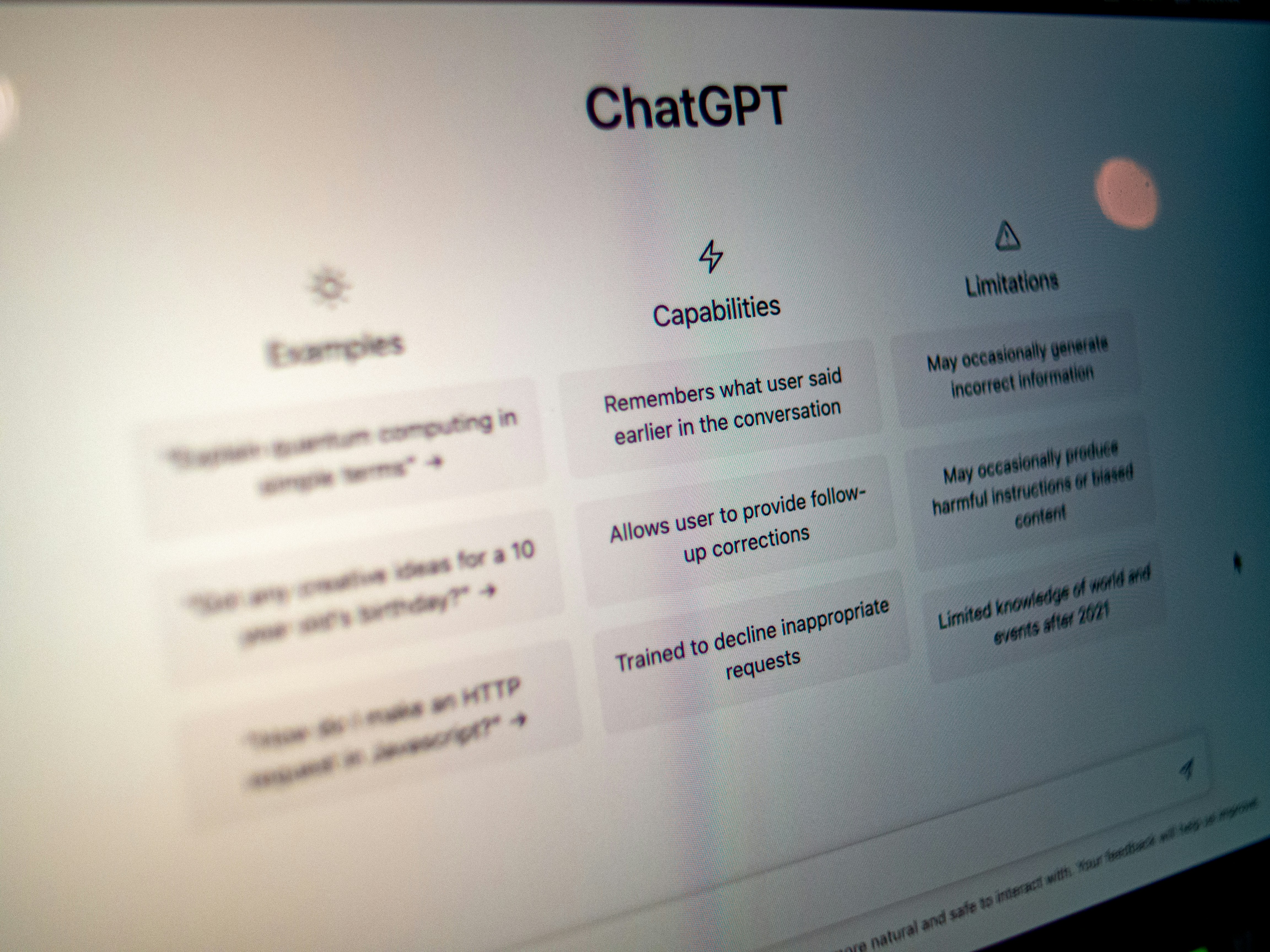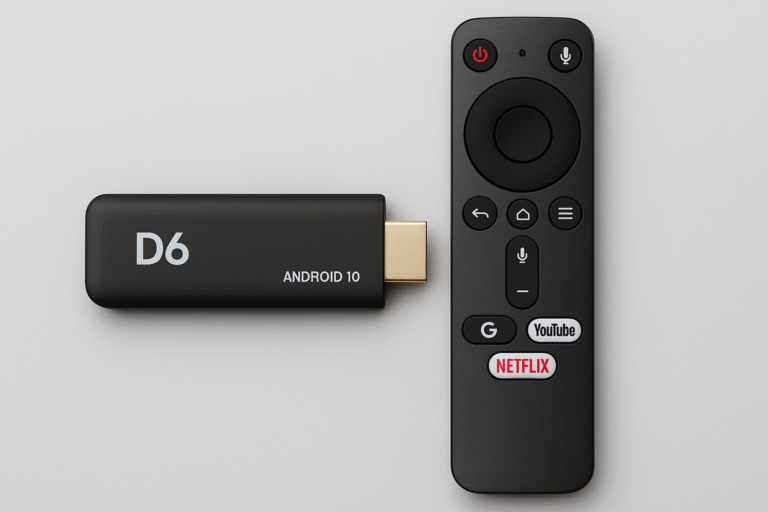Legal Consequences: Lawyer Sanctioned for Using ChatGPT in Court Briefs
Introduction to the Case
The recent case of a lawyer sanctioned for utilizing ChatGPT in court briefs has ignited discussions regarding the ethical implications of artificial intelligence in the legal profession. This incident took place in early September 2023 in New York, where a prominent attorney, known for his expertise in civil litigation, faced disciplinary action for his decision to incorporate AI-generated content into critical legal documents. The incident serves as a stark reminder of the evolving intersection between technology and legal practice.
The lawyer in question, who has been practicing law for over a decade, was caught using ChatGPT to draft parts of a legal brief submitted in a high-stakes case. The breach of legal ethics arose from the submission of a document that included unverified and inadequately cited information, which ultimately misrepresented case law and legal precedents. Such actions contravened the professional responsibility to ensure that all submissions to the court are based on accurate legal sources, underscoring the necessity for truthful representations in legal advocacy.
This case emphasizes the critical need for attorneys to exercise caution when integrating technology into their practice. While artificial intelligence has the potential to enhance efficiency and streamline legal research, it is imperative that legal practitioners maintain stringent standards when utilizing AI tools. Such tools must complement, rather than replace, the rigorous analysis and ethical considerations intrinsic to legal work. The ramifications from this case serve as a cautionary tale for the legal community, highlighting the potential consequences of lapses in professional judgment when embracing emerging technologies.
The Role of AI in Legal Practices
Artificial intelligence (AI) has emerged as a transformative force in various industries, and the legal field is no exception. Tools like ChatGPT exemplify how AI can aid legal professionals in drafting documents, conducting legal research, and even offering insights into case law. The integration of such technology provides numerous advantages, notably increased efficiency, the ability to analyze vast amounts of data, and support in maintaining consistency in legal writing. Lawyers can leverage AI to expedite routine tasks, allowing them to focus on more complex aspects of their practice.
However, the reliance on AI tools raises significant concerns regarding accuracy and reliability. While AI systems have advanced significantly, they are not infallible. Legal professionals must be wary of the potential pitfalls associated with incorrect interpretations or misapplications of data that AI may deliver. A case in point is the recent incident involving a lawyer who faced sanctions for improperly using ChatGPT in court briefs. This highlights the critical need for legal practitioners to understand the limitations of AI and ensure its outputs are meticulously verified to comply with legal standards.
Beyond efficiency and accuracy, the ethical implications of using AI in legal practices cannot be overlooked. The legal profession is governed by strict codes of conduct that prioritize client confidentiality, conflict of interest management, and the duty to provide competent representation. As such, incorporating AI requires adherence to these professional standards to avoid ethical breaches. Currently, legal guidelines surrounding AI usage remain in their infancy, prompting calls for clearer regulations that address the challenges and responsibilities associated with AI utilization in legal documents. The legal landscape continues to evolve, and it is imperative for practitioners to remain informed of these developments as they integrate AI technology into their workflows.
Ethical Standards and Legal Implications
Legal professionals are bound by a set of ethical standards designed to uphold the integrity of the legal system and to protect the interests of clients, the court, and society at large. The American Bar Association (ABA) model rules serve as a foundational guideline, requiring lawyers to provide competent representation, maintain confidentiality, and uphold the duty of candor to the tribunal. In the context of preparing court briefs, these ethical obligations demand that lawyers engage in diligent research and original thought, ensuring their submissions reflect their own understanding and interpretation of the law.
The recent case involving a lawyer sanctioned for incorporating ChatGPT-generated content into court briefs raises critical questions about compliance with these standards. The violation stems primarily from the failure to adequately vet the usage of artificial intelligence in legal submissions, which may lead to inaccuracies and misrepresentations. By relying too heavily on automated tools, the lawyer jeopardized their professional responsibilities as outlined in ABA Model Rule 1.1, which emphasizes the necessity of competent representation. This case evidences an important turning point in the legal sector’s approach to technology, underscoring the need for practitioners to remain vigilant regarding the sources and methods they employ.
In analyzing case law related to the ethical use of technology in the profession, several rulings emphasize that while technological advancements can enhance research efficiencies, they cannot replace the lawyer’s judgment and skill. The impact of the aforementioned case reverberates within the legal community, serving as a cautionary tale regarding the potential consequences of neglecting ethical standards. The sanctions imposed on the lawyer reflect a growing recognition of the imperative to maintain human oversight in legal practice, even as innovative tools like AI are increasingly integrated. The precedent set here may influence future regulatory frameworks governing technological applications within the legal profession.
Conclusion and Future Considerations
The recent case of a lawyer facing sanctions for incorporating ChatGPT into court briefs offers critical lessons for the legal profession regarding the use of artificial intelligence in legal practice. This incident exemplifies the potential pitfalls of relying on generative AI tools without a comprehensive understanding of their limitations and appropriate application. Legal practitioners must recognize that while AI can provide valuable assistance in terms of research and drafting, it also poses significant risks, including the possibility of disseminating inaccurate or misleading information.
Broader implications of this case extend to the ethical framework guiding legal practitioners. As technology integrates deeper into the legal field, there will likely be a need for more stringent guidelines governing the usage of AI tools such as ChatGPT. Current ethical standards may have to evolve to better address the challenges presented by such technologies, ensuring that lawyers remain responsible for the content they submit in legal contexts. This may involve enhanced training on how to utilize AI effectively while still maintaining the attorney’s duties towards accuracy and ethical responsibility.
Looking to the future, the integration of AI into legal practice is poised to increase, promising advancements in efficiency and client service. However, it is imperative that safeguards are established to prevent misuse or overreliance on these technologies. Future regulations may include mandatory disclosures regarding the use of AI in legal documents, enforcing accountability for errors stemming from AI-generated content, and developing a framework for ongoing education tailored to the implications of AI in law. Such proactive measures will be essential in ensuring that AI can be leveraged effectively while mitigating the risks of potential misconduct or negligence.







